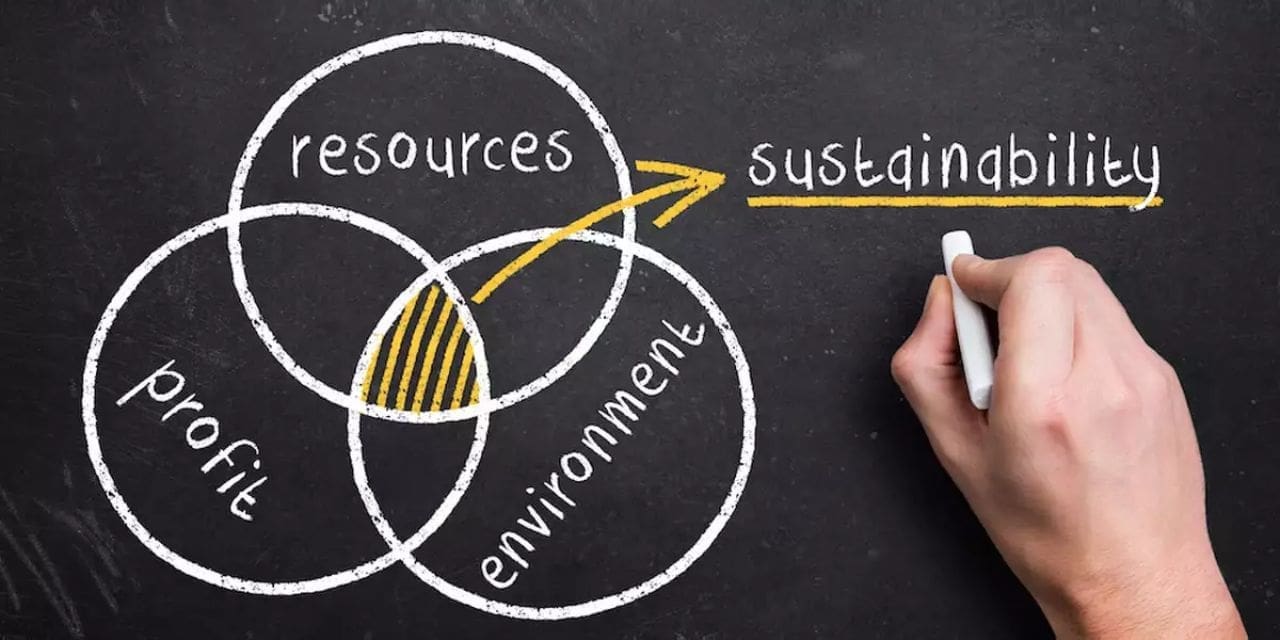At the Mint Zetwerk Smart Manufacturing Conference 2023, Union Minister for Road Transport and Highways Nitin Gadkari said that the government is developing a plan to create bio-bitumen from rice straw for use in building roads. He declared that his ministry would launch the programme in the following three months, offering tractor-mounted equipment for bitumen manufacturing from rice straw or stubble. The bio-bitumen created by these devices will be purchased by the government for use in building roads. Because of its adhesive qualities, common bitumen made from crude oil is used to build roads and highways. The actions will be taken as part of the nation’s attempts to cut import dependency and reach its lofty climate goals. Gadkari stated that the administration intended to establish standards. for vehicle speed restrictions after consulting with the states in light of the nation’s growing network of roads and highways, many of which were now six, eight, or 10-laned. He continued by saying that the ministry has set a goal of 40 kilometres per day for the current fiscal year and 60 km per day for the following financial year. The first such route envisioned between Delhi and Jaipur was in the earliest stages, he said, and the government is building further electric highways with amenities for EV charging.
Goyal, the minister of commerce, urged business to improve product quality to meet export requirements. The national government is looking at adopting standards to ensure the manufacturing of high-quality goods in the nation. establishing testing facilities next to industrial centres will cut down on testing costs and speed up the time it takes to bring a product to market.
According to Gadkari, construction of the first road employing bio-bitumen has already begun in Odisha. The minister pointed out that only 5 million tonnes of the 8 million tonnes of bitumen required by India each year are domestically produced; the remainder is imported.

